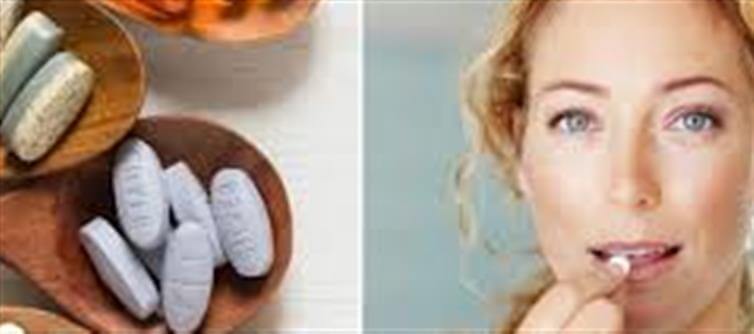
A groundbreaking Harvard study has revealed that a common vitamin may play a significant role in slowing down the biological ageing process. Published in The American Journal of Clinical Nutrition, the research highlights how Vitamin D3 supplementation helps preserve telomere length, a key marker of ageing. Here’s everything you need to know about this promising discovery.
1. Vitamin D and Ageing: The Connection
Vitamin D, often called the “sunshine vitamin,” has been widely recognized for its role in bone health and immunity. Now, it’s being linked to ageing at the cellular level.
Telomeres: Protective caps at the ends of chromosomes, like the plastic tips on shoelaces. They shorten as we age.
Telomere shortening: Associated with age-related conditions like cardiovascular disease, diabetes, and cognitive decline.
Vitamin D3’s role: Helps prevent telomere erosion, potentially slowing down the biological clock.
By protecting telomeres, vitamin D may reduce the risk of chronic diseases and promote healthy ageing.
2. The Harvard VITAL Trial: How the Study Was Conducted
The findings come from the four-year VITAL trial, involving a large group of participants who were administered:
2,000 IU of vitamin D3 daily
Placebo for comparison
The results showed that those taking vitamin D experienced significantly less telomere shortening than the placebo group.
The research suggests that participants taking vitamin D effectively prevented nearly three years of biological ageing.
Possible mechanisms include boosting telomerase activity, the enzyme responsible for rebuilding telomeres, and protecting dna from oxidative damage.
3. Why vitamin D Slows Ageing
Vitamin D impacts ageing in multiple ways:
Reduces inflammation: Chronic inflammation accelerates telomere shortening and contributes to age-related diseases.
Supports dna repair: vitamin D may protect cells from oxidative stress, which damages genetic material.
Promotes healthy cellular function: By preserving telomere length, it helps maintain the health and longevity of cells.
Dr. JoAnn Manson, Harvard professor and lead author, stated:
"Vitamin D tamps down inflammation, a major cause of telomere shortening and chronic diseases of ageing."
4. Recommended Dosage and Safety
The study highlights 2,000 IU of vitamin D3 daily as a safe dosage without side effects. However, there are some precautions:
Excess intake: Too much vitamin D can lead to hypercalcemia—a dangerous buildup of calcium in the blood. Symptoms include nausea, vomiting, weakness, and kidney issues.
Individual requirements vary: Blood levels considered adequate differ across countries, labs, and organizations, so supplementation should be tailored.
Sunlight alternative: Even a 15-minute midday walk a few times a week can help the body naturally synthesize sufficient vitamin D.
5. Limitations and Next Steps
While the results are promising, experts caution that more research is needed to:
Determine the optimal dosage for different populations.
Identify who benefits most from vitamin D supplementation.
Confirm long-term effects on age-related disease prevention.
Dr. Manson emphasizes that while supplementation helps, it cannot replace a balanced diet and healthy lifestyle.
6. How to Naturally Boost vitamin D Levels
In addition to supplements, you can maintain healthy vitamin D levels through:
Sun exposure: 10-20 minutes of direct sunlight a few times a week.
Diet: Include fatty fish, egg yolks, fortified milk, and mushrooms.
Lifestyle: Regular exercise and a nutrient-rich diet support overall cellular health.
7. Conclusion: A Promising Step Towards Healthy Ageing
This Harvard study provides compelling evidence that Vitamin D may slow biological ageing by preserving telomere length and reducing inflammation. While supplementation shows potential, consulting healthcare professionals before starting is crucial. Combined with a healthy diet, sunlight, and exercise, vitamin D could become a key ally in the pursuit of longer, healthier life..jpg)




 click and follow Indiaherald WhatsApp channel
click and follow Indiaherald WhatsApp channel